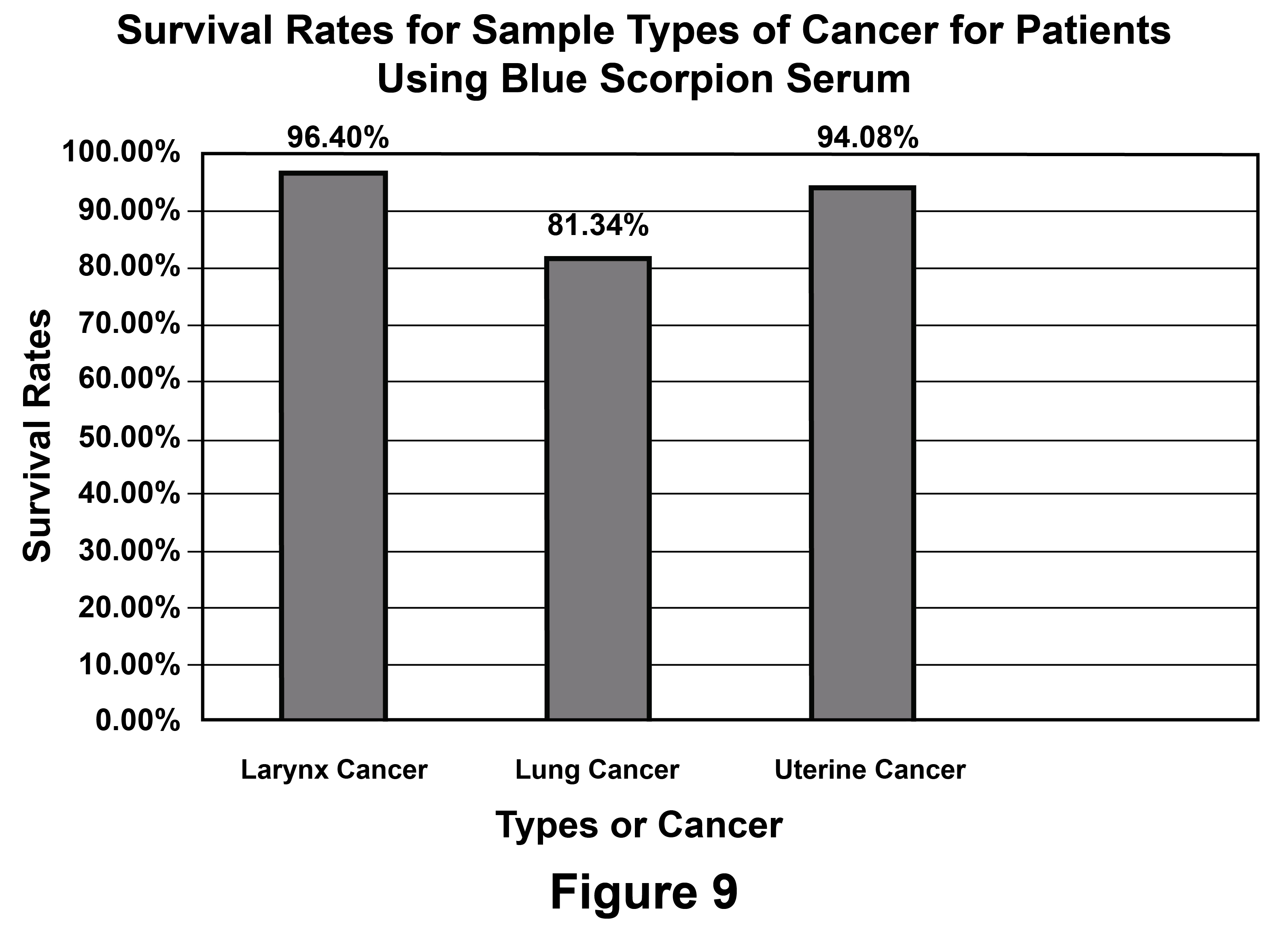 Results from late-stage trials of Pfizer’s drug, Adcetris, have shown promising effectiveness in treating a type of blood cancer known as diffuse large B-cell lymphoma (DLBCL). The study, called ECHELON-3, demonstrated that the combination treatment using Adcetris extended survival rates in patients with relapsed or refractory DLBCL. This is particularly significant as the study evaluated patients who had previously undergone CAR-T therapy, a type of immunotherapy.
Results from late-stage trials of Pfizer’s drug, Adcetris, have shown promising effectiveness in treating a type of blood cancer known as diffuse large B-cell lymphoma (DLBCL). The study, called ECHELON-3, demonstrated that the combination treatment using Adcetris extended survival rates in patients with relapsed or refractory DLBCL. This is particularly significant as the study evaluated patients who had previously undergone CAR-T therapy, a type of immunotherapy.
DLBCL is the most common form of lymphoma and is characterized by its aggressive and fast-growing nature. Unfortunately, approximately 40% of patients do not respond to initial treatment or experience relapses following their first-line treatment. This highlights the urgent need for effective therapies for these patients.
Adcetris, an antibody-drug conjugate (ADC), has shown promise in addressing this unmet need. It is comprised of a CD30-directed monoclonal antibody attached to monomethyl auristatin E (MMAE), a microtubule disrupting agent. The ADC is designed to stay stable in the bloodstream and release MMAE upon internalization into CD30-positive tumor cells.
The ECHELON-3 study evaluated the combination of Adcetris with lenalidomide and rituximab in adult patients with relapsed or refractory DLBCL who had received two or more prior treatments and were ineligible for stem cell transplantation or CAR-T therapy. The study included 230 patients across North America, Europe, and Asia-Pacific. The primary endpoint of the study was overall survival (OS), with secondary endpoints such as progression-free survival (PFS) and overall response rate (ORR) also assessed.
The results of the ECHELON-3 study are encouraging, as they demonstrate an improved overall survival rate in patients treated with the combination therapy. Roger Dansey, M.D., Chief Development Officer, Oncology, Pfizer, expressed excitement about the potential of Adcetris to address the high unmet need in patients with relapsed or refractory DLBCL.
ADCETRIS has already been approved in the U.S. for seven indications and has been used by over 55,000 patients globally. Pfizer plans to share the ECHELON-3 data with the Food and Drug Administration (FDA) to support potential regulatory filings.
In conclusion, the results of the late-stage trials for Pfizer’s Adcetris are promising for patients with relapsed or refractory DLBCL. The combination treatment showed an improved overall survival rate, even in patients who had previously undergone CAR-T therapy. This offers hope for those who do not respond to initial treatments or experience relapses. With further regulatory filings and approvals, Adcetris could potentially provide a much-needed solution for patients with this aggressive form of lymphoma.

